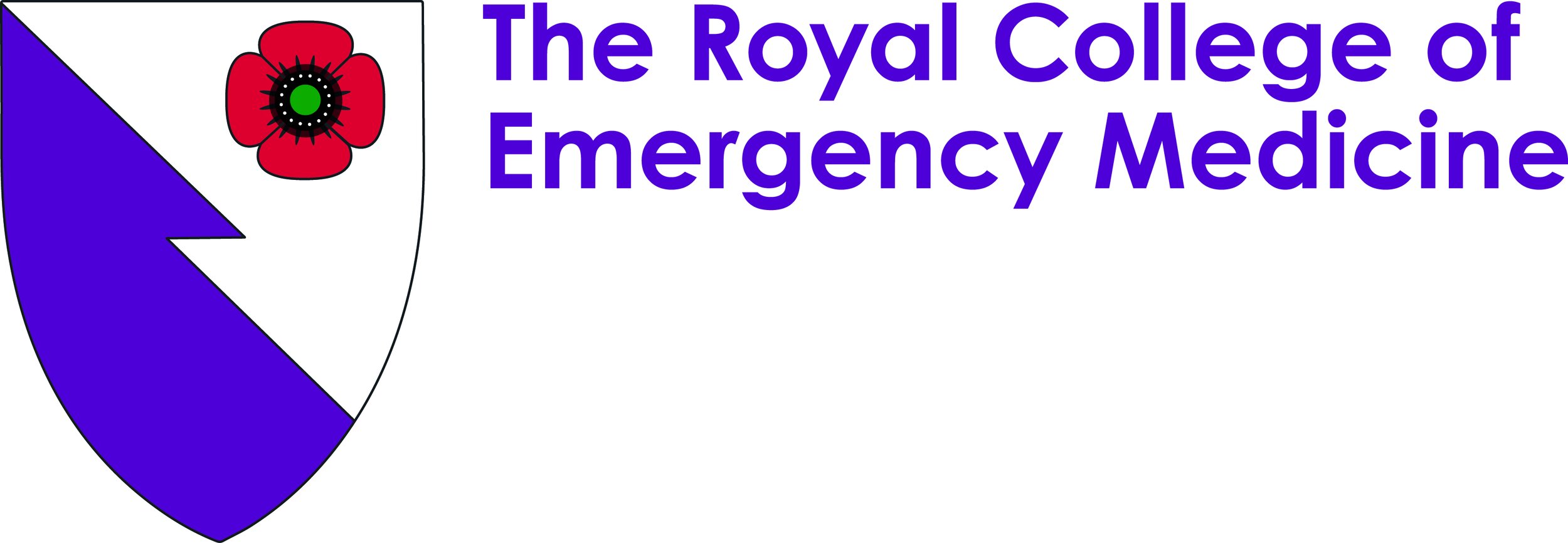
RCEM Core Ultrasound
Background
“The review of the RCEM 2015 curriculum was a requirement by the General Medical Council (GMC) by all specialties including emergency medicine. As a part of this process, the Point-of-Care Ultrasound (PoCUS) education and training process was revisited in line with the latest national and international evidence, experts’ recommendations, and relevant guidelines.
The vision of the latest RCEM PoCUS syllabus is to empower trainees to gain, maintain, and progress in PoCUS competencies at a steady rate at a local/regional level. The model also moves away from absolute scan numbers, a tick-box exercise, attending a mandatory course(s), and the need for a one-off sign-off process. Instead, it is moving more towards a dynamic competency model that increases in complexity with interleaving, spacing, and regular education, training, and testing in line with current medical education theory. The latest PoCUS syllabus encourages every training encounter and other learning opportunities to be used as evidence to progress and maintain competency levels. Additionally, the new process relies much more on well-trained, resourced and supported local and regional trainers, and a more personalised and standardised process. The new changes are recommended to be used as the blueprint for the Certificate of Eligibility for Specialist Registration (CESR) and non-training emergency medicine doctors, pre-hospital specialists and allied health professionals such as Advance Clinical Practitioners, and Physician’s Associates. The model allows for specific modules to be completed to entrustment level 4 in keeping with the scope of practice, and specific requirements of the individual clinician.”
FAQs
Are there still absolute numbers of scans and reflections?
No. The number of scans and reflections as outlined in this appendix document are only indicative. Some trainees might need less or more depending on their competency progression.
Is there a standard set of formats for a PoCUS logbook?
No, there is no current set format. Kaizen e-portfolio would be the preferred platform as it links to the new 2021 RCEM curriculum syllabus, SLOs, and ARCP. However, any alternative platform that captures the minimal dataset and is in line with the national standards and regulations could be used. Information regarding the safe storage of images is available via the Royal College of Radiology.
I am an ACP/PA/CESR/non-trainee grade Doctor. Can I achieve PoCUS competency?
Yes. One aim of the RCEM PoCUS syllabus is to make the whole education and training process more accessible. The new process allows other EM clinical professionals to gain competency within their scope of practice in a structured and standardised manner. A more modular-based approach is now encouraged and the same requirements for gaining competency apply.
The final stages of achieving PoCUS competency include integrating scans as a protocol for assessing a patient in shock, peri-arrest, or arrest. How could each entrustment statement be assessed and achieved?
It is expected that such competency can be achieved as per any other. Such PoCUS protocols are simply putting together all the individual scans learnt during training to enhance the standard clinical assessment.
Do I still write a formal report for each scan if I have not achieved entrustment scale 4 yet?
Yes. It is recommended that all the diagnostic scans are reported as per local ED guidelines. The scan reports should clearly state the operator’s level of competency as per RCEM entrustment scale (level 1 to 4). It could be written either in the patient notes and/or on the PoCUS machine that could be uploaded onto PACS (picture archiving and communication systems).
Do I still need to attend a mandatory PoCUS course?
No.
Modules
-

Fascia Iliaca
-

Vascular Access
-

Abdominal Aorta
-

eFAST/FAFF
-

Lung
-

Shock/ELS

